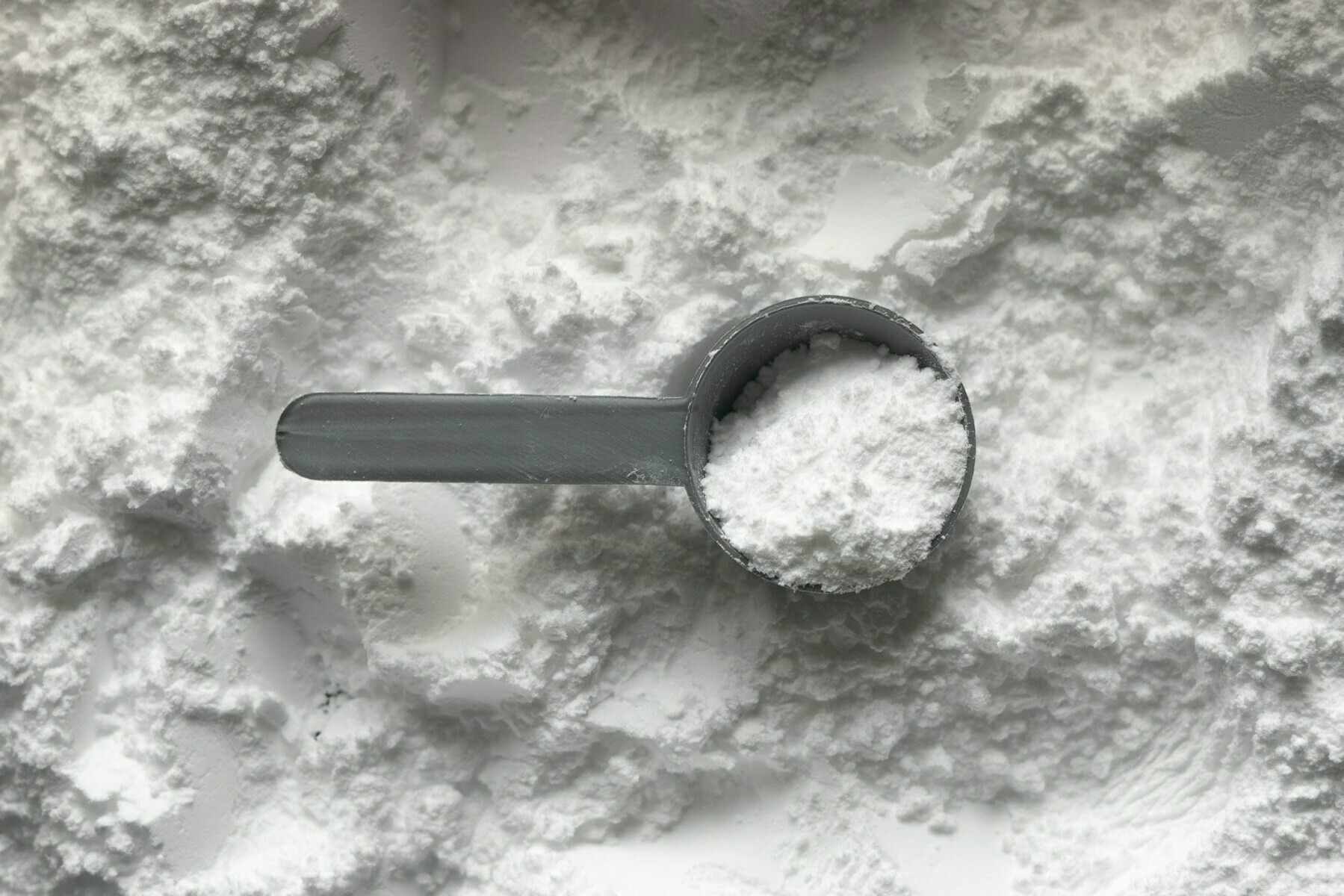Clinical studies have indicated that creatine might have an antidepressant effect

Along with about six different supplements, I add creatine to my protein smoothies every day I do exercise. Which, to be fair, is most days ending in a ‘y’. Too much of the white powder and I get angry but, as a male vegetarian, it’s important that I get some in my diet.
It turns out that creatine isn’t just good for building and maintaining muscle mass, though. It turns out that it’s also good for mental health, too — and combining it with various forms of therapy is especially beneficial.
More recently, researchers have begun to look at the broader systemic effects of creatine supplementation. Of particular interest has been the relationship between creatine and brain health. Following the discovery of endogenous creatine synthesis in the human brain, research quickly moved to understand what role this compound plays in things like cognition and mood.
Most studies linking brain benefits to creatine supplementation are either small or preliminary but there are enough clues to suggest that something positive could be going on here. For example, one oft-cited clinical trial from 2012 found creatine supplementation can effectively augment anti-depressant treatment. The trial was small (just 52 subjects, all women) but after eight weeks it found those subjects taking creatine supplements with their SSRI antidepressant were twice as likely to achieve remission from depression symptoms compared to those just taking antidepressants.
A recent article reviewing the research on creatine supplementation and depression pointed to several physiological mechanisms that could plausibly explain how this compound could improve mental health. Alongside citing several small trials that found positive results from creatine supplementation, the article concludes by stating: “Creatine is a naturally occurring organic acid that serves as an energy buffer and energy shuttle in tissues, such as brain and skeletal muscle, that exhibit dynamic energy requirements. Evidence, deriving from a variety of scientific domains, that brain bioenergetics are altered in depression and related disorders is growing. Clinical studies in neurological conditions such as PD [Parkinson’s Disease] have indicated that creatine might have an antidepressant effect, and early clinical studies in depressive disorders – especially MDD [Major Depressive Disorder] – indicate that creatine may have an important antidepressant effect.”
Source: New Atlas
Image: HowToGym